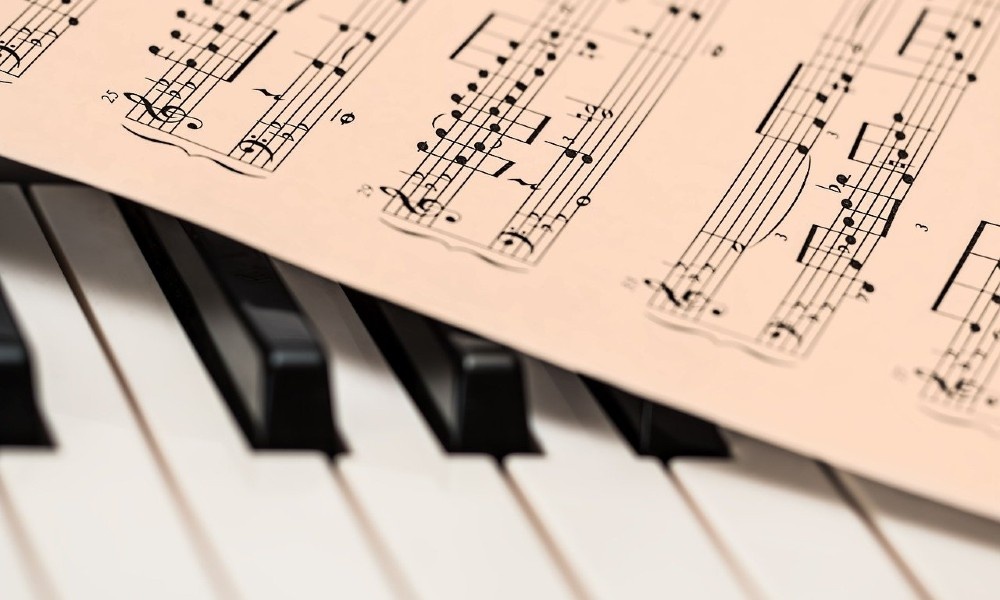Types of Music Licenses Explained: Covers, Remixes & Samples

We get a lot of questions regarding how artists can release covers, remixes and samples legally, so here's some handy tips to help you ensure you're 100% covered.
Different types of music licenses
Firstly, it's important to understand the difference between a cover, a remix and a sample, and what licenses are required in each case.
If you're looking for some specific info, hit one of the links below to jump straight to that section.
How to license cover songs
A cover is when you re-record a song using your own instrumentation and vocals. Under copyright law, you cannot alter the underlying melody or arrangement of the original version of the song.
Licence required for cover songs:
No license required for streaming platforms worldwide
Or
Mechanical License required for download stores in some countries
One important thing to note here - you won't need a license if you're only releasing a cover song on streaming platforms.
Mechanical licenses are only required if you're releasing your cover song to download stores like iTunes in certain territories.
Here are the countries that require mechanical licenses for cover songs. Plus where you can to get them.
USA & US overseas territories: songfile.com
India & Pakistan: Contact the rights holder directly
TIP: You can avoid the hassle of tracking down mechanical licenses by releasing your cover song to streaming platforms only. You can choose to only release on specific platforms and countries using the Ditto Release Builder.
How to license remixes
A remix is when you use any element of the original recording and alter the melody, arrangement, style and genre of the original track.
License required for remixes:
Master License(for worldwide distribution)
If you're remixing someone else's track, the necessary Master License will cover you for all music platforms and countries worldwide.
Master licenses are different to mechanical licenses as they cover the actual sound recording of a song, rather than the composition, lyrics and melody.
Find out the official steps for how to release a remix legally.
TIP: Master licenses can be a little trickier to obtain compared to Mechanical licenses. You may have to find, contact and negotiate with the right's holder directly.
How to license songs featuring samples
Made famous by hip-hop DJs such as Grandmaster Flash, and further adopted during the early days of electronic music by acts like The Prodigy; samples are when you take a small element of the original sound recording and loop, tweak or alter it to create an entirely new song.
Find out more on how to clear a sample with these 5 steps!
Licenses required for samples:
Master + Mechanical License(for worldwide distribution)
TIP: As long as you get hold of both the necessary Master and Mechanical license, you can release your sampled track everywhere worldwide.
Where can I get music licenses?
In order to ensure everything is above board and you are protected from any potential legal action from copyright holders, follow these important steps.
1) Identify the original songwriter, publisher or label aka the owner of the copyright. To do this, search on the various copyright databases.
We'd recommend starting with a search on Songfile. You may need to search elsewhere (like BMI, ASCAP, SESAC or US Copyright Office) or even contact the rights holder directly.
It's worth noting that in most instances (well, for signed artists), the copyright owner is the publisher. Labels rarely own the copyright in the composition, but usually own the copyright in the sound recording, so make sure you get the publisher name, not the label.
2) Be sure to ascertain the correct version of the song you are releasing, as there are hundreds of songs called 'Fantasy', 'Alive', 'Lies', etc...
3) Send a letter of intent. This can be a tiring exercise, but thankfully, most companies that you purchase licenses from do this for you when you purchase the licenses. Just be sure to purchase the licenses at least 30 days before the release date of your track.
How does copyright work in music?
Now that we know the differences between covers, remixes and samples - and the licenses you'll need to release them - let's look at some other areas of copyright:
How does copyright work and what do the copyright symbols mean?

Copyright - in terms of music, refers to the copyright in the lyrics and melody

Phonographic - stands for the phonographic copyright, in other words, the copyright in the sound recording.
The owners of these copyrights is dependent on who commissioned the work. If you're an independent artist, aka not signed to a label, then you own all the above copyrights. If you are signed, often these are owned by the publishers or labels, depending on how the deal is carved out.
How do I register my own copyright?
That depends entirely on where in the world you live. In countries like Australia and the UK, copyright is automatically created when the work is, so long as you can prove you created the work, you're all good to go.
However, in the US, it is recommended that you register your copyright with the US Copyright Office. For other countries, it's best that you do a Google search for your local copyright laws, to ensure you understand your rights as an artist or label.
Find out more about the process you'll need to follow to copyright your song or track here.
What should the metadata of my track look like?
Let's say you're releasing a cover of John Lennon's 'Imagine', it should look pretty much like this:

You'll also need to upload any supporting license documentation to prove you have the right to release your track.
Please note, purchasing licenses after the cover has already been released, makes the licenses invalid. However, it is better than not having it at all and may safeguard you legally if copyright holders come knocking at your door.



.svg)


